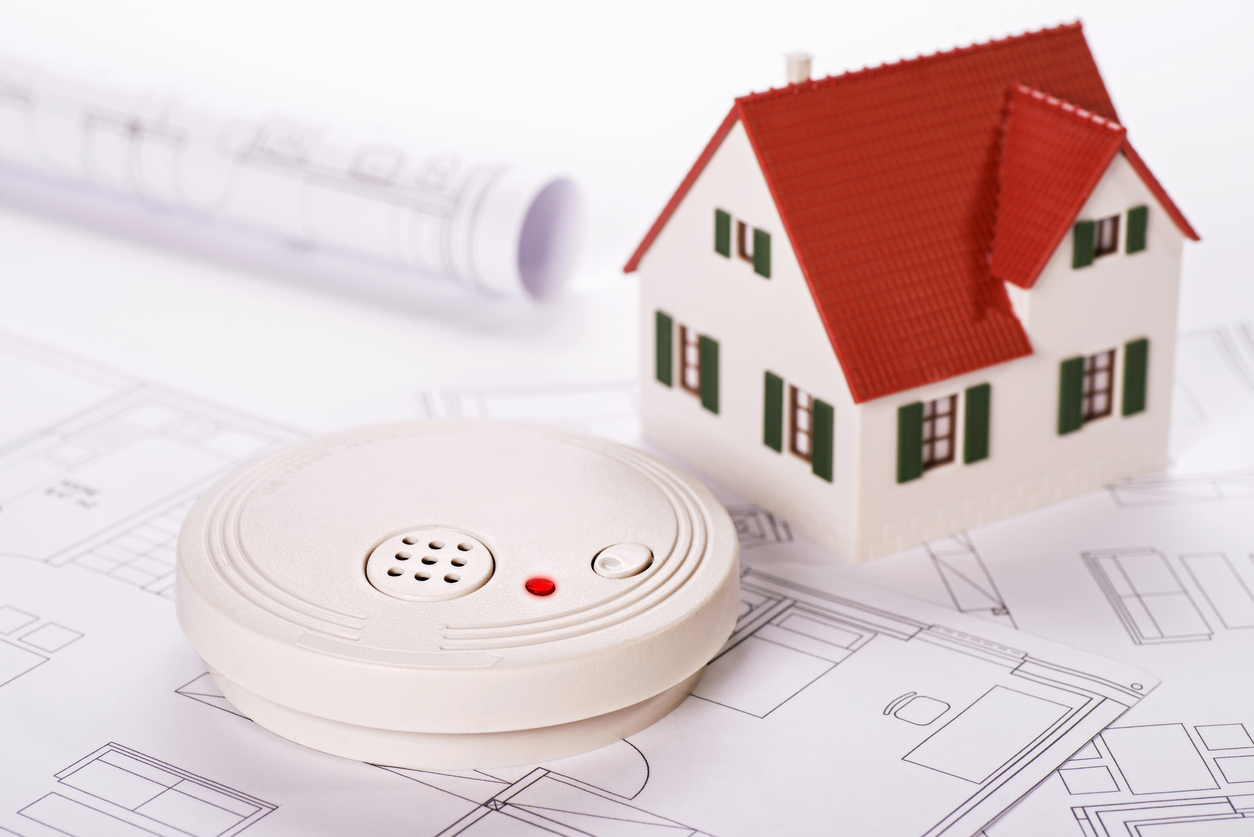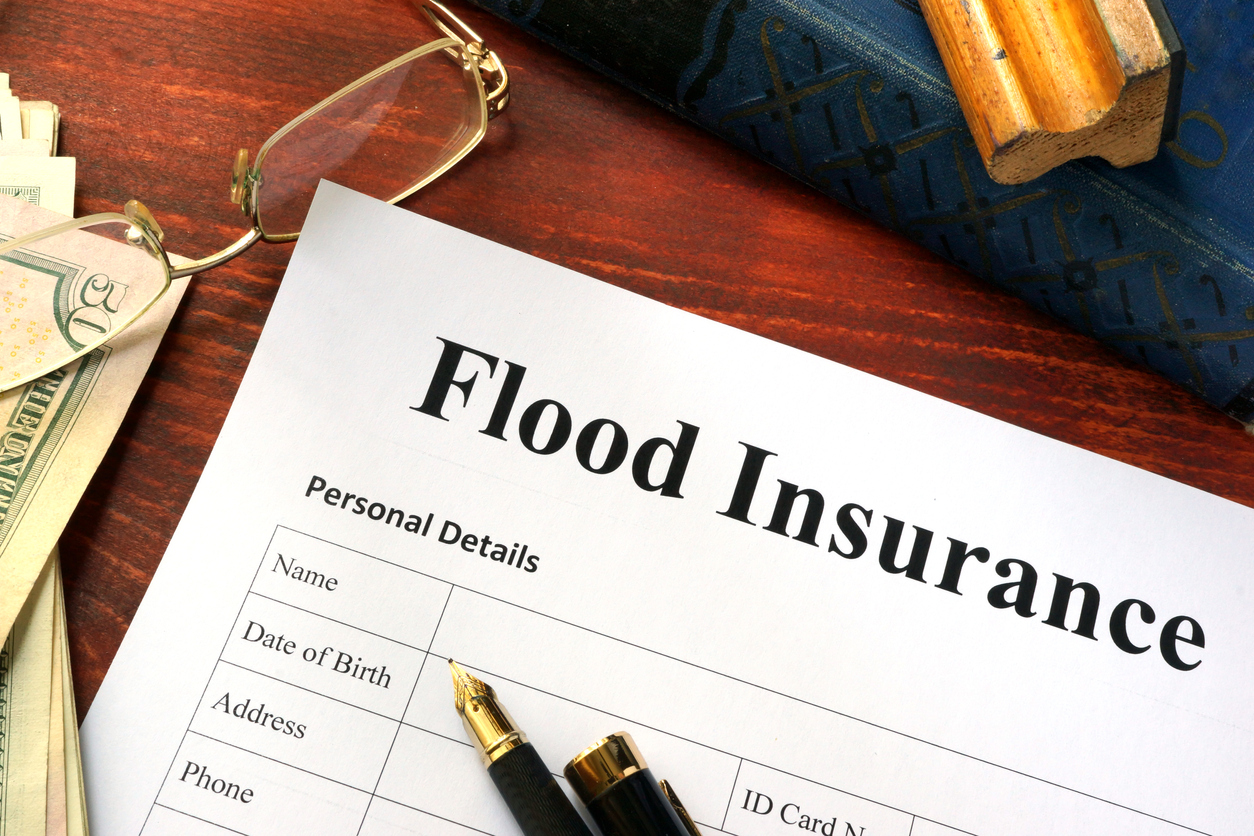Among all the sectors that have been affected by the COVID-19 pandemic, the hotel industry is arguably the hardest hit. Already reeling from years of staffing problems, low occupancy rates, and reduced revenues, hotels find themselves even more beleaguered by the current health crisis.
Even insurance firms have become wary of providing coverage for hotels, with some implementing stricter guidelines for obtaining commercial lines insurance. Many insurers have even refused to accommodate new businesses, and some have completely turned their backs on the hotel market. Consequently, hotel owners have had to deal with higher premiums, increased deductibles, and more rigid policies.
Even so, there are still many insurance options available to hotel owners. But hotel owners need to understand the current state of the insurance industry and how to leverage the conditions of the ‘new normal’ to their advantage.
Why is hotel insurance necessary?
Owning and operating a hotel entails considerable funds, and most owners have substantial assets invested in the business. Insurance is essential for protecting the company against potential damage and the threat of possible litigation.
The possibility of property damage and lawsuits comes with the territory for almost any business. But hotels often have other areas of operations that may increase their risk exposures, including:
- Conference facilities
- Special event facilities
- Sports and fitness centers
- Spas and gyms
- Swimming pools
- Golf courses
- Restaurants and bars
- Transport services
All of these are potential risk areas, which is why hotel owners should make every effort to address them. By obtaining hotel insurance, owners transfer some of the risk to insurance firms.
Most insurance policies geared toward the hotel industry are customized to fit specific risk profiles. For example, if a hotel owner only requires catastrophic coverage, they may add high liability and property deductibles to their policy to benefit from reduced insurance rates.
What type of insurance do hotel owners need?
Every hotel is different, so there isn’t a “one-size-fits-all” policy or set of coverages that apply to all businesses. Even so, certain types of insurance will be beneficial to most hotels.
1. Commercial general liability
Commercial general liability insurance covers personal injuries and property damage incurred by third parties in your client’s establishment. It is essential for hotels of any size, type, or location.
2. Commercial property insurance
Commercial property insurance is intended to protect hotel owners’ assets when catastrophic events occur. These policies typically cover hotel buildings and properties located within the hotel grounds. Commercial property insurance doesn’t usually cover damage caused by floods and earthquakes.
3. Commercial auto insurance
This type of insurance is essential for hotels that operate vehicles as part of their services. It protects hotel owners from potential liabilities resulting from the use of the company cars or vans and even covers damage to the vehicle.
4. Equipment breakdown coverage
These insurance policies cover the repair or replacement costs of damaged service equipment. Among the equipment that these policies cover are:
- HVAC systems
- security systems
- walk-in freezers
- communications equipment
5. Workers’ compensation
Workers’ comp covers the cost of medical treatment and emergency medical care for hotel workers injured while performing their duties. It also compensates employees for the loss of income while they are unable to work. This insurance is a requirement for most employers in the U.S. and many other countries.
6. Cyber liability insurance
Cyber liability insurance covers financial losses or damages that hotels may incur from cyber-attacks, data theft, or other forms of cybercrime. They are useful for medium to large hotels, which typically store customer data in their network databases.
7. Garage-keepers liability
This insurance covers the cost of repairing or replacing guests’ vehicles that may be damaged by hotel staff. It also covers accidents involving hotel workers that operate guests’ vehicles.
8. Liquor liability insurance
This covers damages that may result from selling or serving alcoholic drinks. It may protect bar staff from liability if a customer over-served with liquor subsequently gets into an accident.
Hotels with increased risk exposure
The hotel insurance sector is traditionally one of the most challenging areas of the insurance industry. With COVID-19 still a major factor in many places, insurance concerns are even more essential. Factors such as staff shortages, record vacancies, and extreme weather conditions pose new obstacles, resulting in higher premiums, stricter underwriting regulations, and increased deductibles.
Among the most affected are hotels with the following characteristics:
- Lower than 3-star ratings
- Occupancy rates lower than 55%
- Newly-established businesses
- Oceanfront locations
- Those with exterior room entrances
Of course, most other hotels will be affected regardless. Nevertheless, getting appropriate insurance is still the best way for hotel owners to protect their investments and ensure their continued ability to operate their businesses.
About Snyder Specialty
Snyder Specialty, LLC is a New York-based underwriting facility that provides a range of property and liability solutions for personal and commercial lines. Specializing in coastal properties and hard-to-place risks, Snyder Specialty expands your current capabilities with proven solutions for complex risks. Find out more about the company’s range of services by calling (718) 362-8039.



